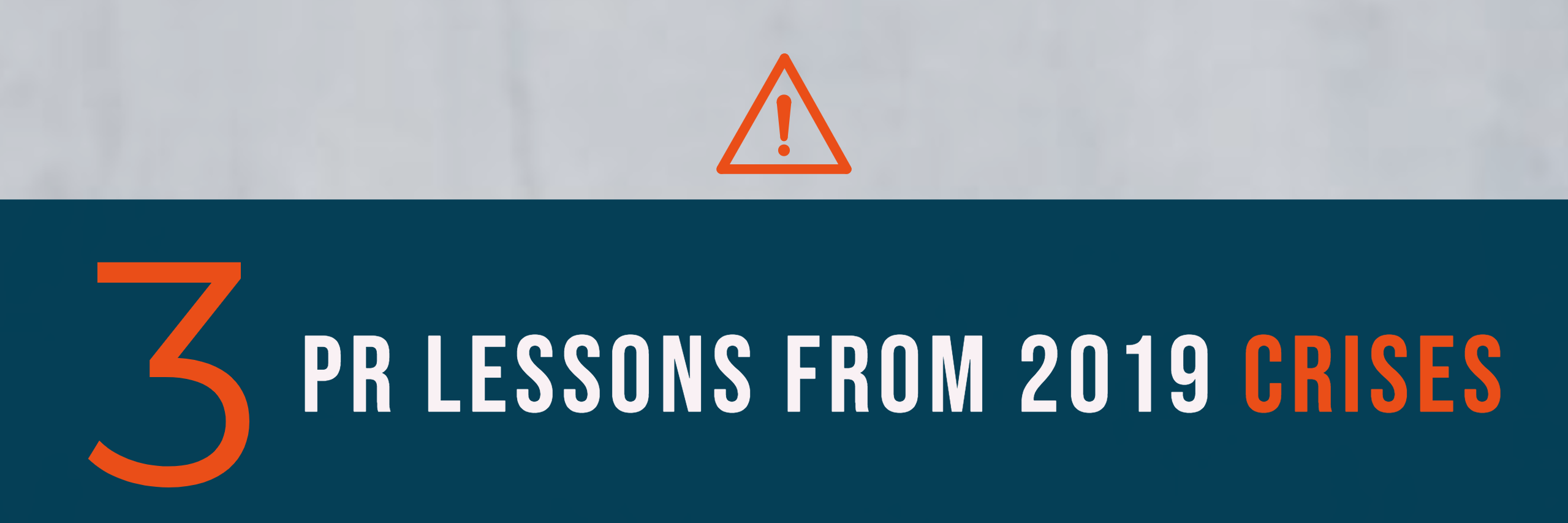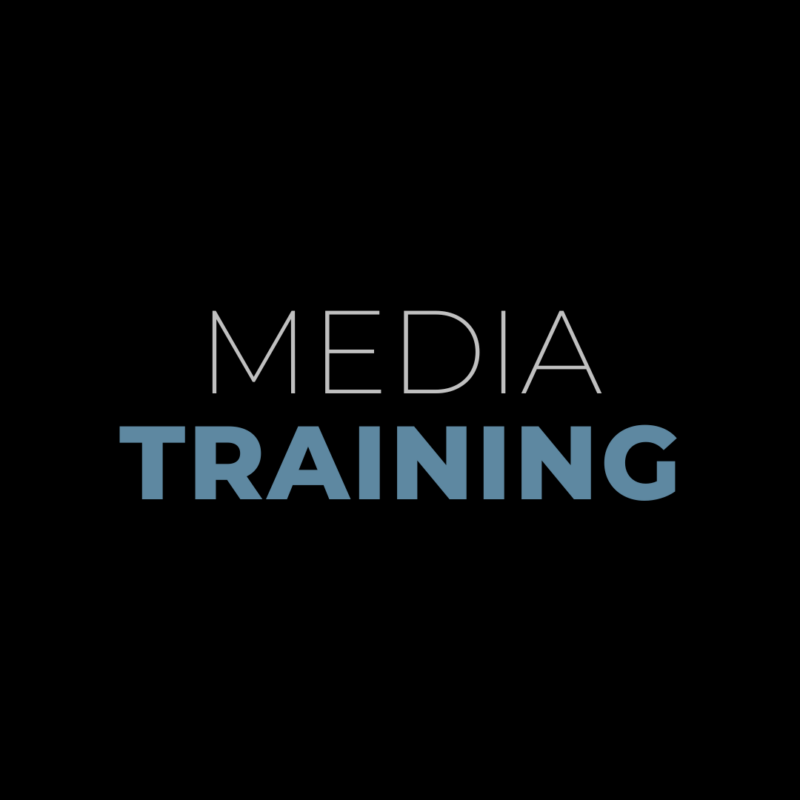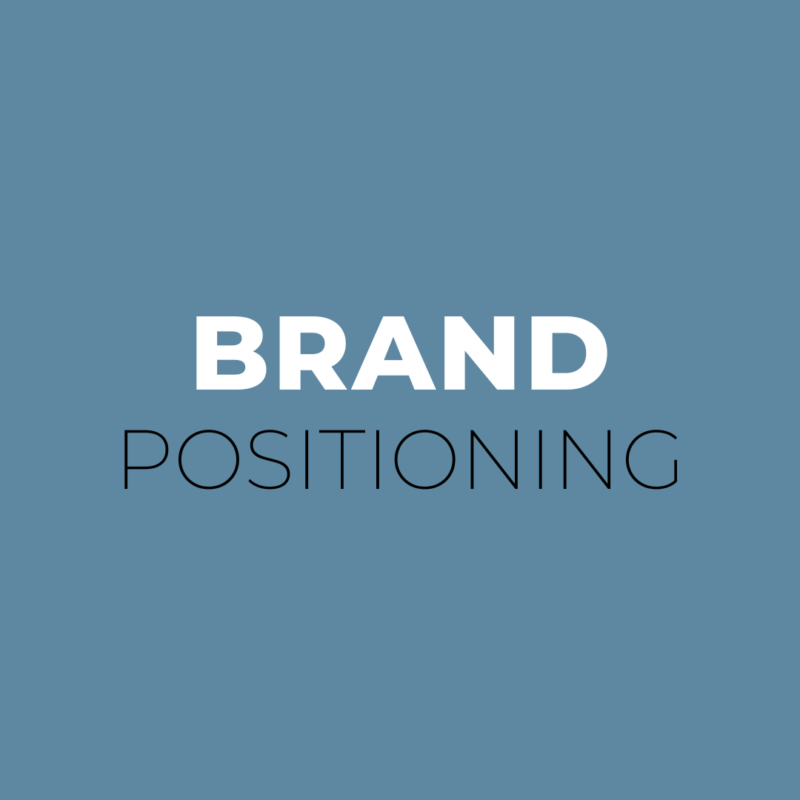Three PR lessons from 2019 crises

Last year, major national crises ranged from serious mistakes that led to loss of life to marketing campaigns meant to be lighthearted and fun but instead fell flat and backfired. Boeing’s 737 Max disaster and the pharmaceutical industry’s response to the opioid crisis stand out as two of the biggest PR nightmares of 2019, both of which continue into 2020 and will likely stick around for quite some time. Not as serious but still damaging, we look back at iHOP’s failed iHOb campaign and how brand missteps can set a company back. These three situations have been analyzed and written about many times before now, yet the ongoing nature and lengthy response process lends new opportunities to consider and learn from. Here are three quick takeaways:
Boeing
Problem: Criticized for not being truthful and transparent from the very beginning and for not addressing the public’s concerns.
Lesson: Here at Obsidian, we always advise clients to carefully consider all facts before crafting and releasing an initial public response, but in a swift fashion and as truthfully and transparent as possible. The airline manufacturer’s failure to state that there was even a small possibility that the planes were unsafe from the very beginning of the crisis likely caused more damage, which is always substantially more difficult to correct. Be honest and forthcoming from the beginning. (Side note: Internal chat and email logs have since revealed company-wide apathy to known issues with the 737. Prevent a crisis before it arises by addressing toxic, unsafe culture before it wreaks havoc and causes loss of life.)
Purdue Pharma:
Problem: Years of mounting evidence against the company’s wrongdoing and its downplaying of OxyContin’s highly addictive properties was met with full resistance and what could be seen as a complete lack of care for public outcry all in the name of saving a family’s personal reputation and billions of dollars.
Lesson: No amount of PR leverage and careful messaging can save a company or organization. Sometimes the best PR move is to take responsibility and work toward making things right. If not, you’ll cause more and more damage.
iHOP (iHOb):
Problem: A marketing flop. When iHOP’s “iHOb” campaign backfired, the company became instant internet fodder.
Lesson: Poorly executed strategies such as this one show us that the internet is king – it can make and break brands all in day’s time. Don’t underestimate the power of social media and the general public’s eagerness to jump on opportunities like this. Everyone likes to laugh at missteps like this one and laugh they did. The company found itself in brand reputation management mode after this major marketing fail.


